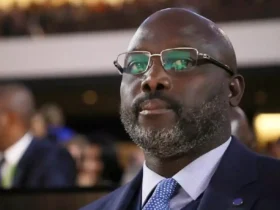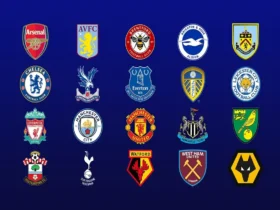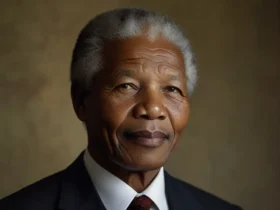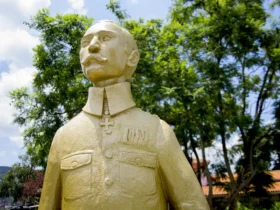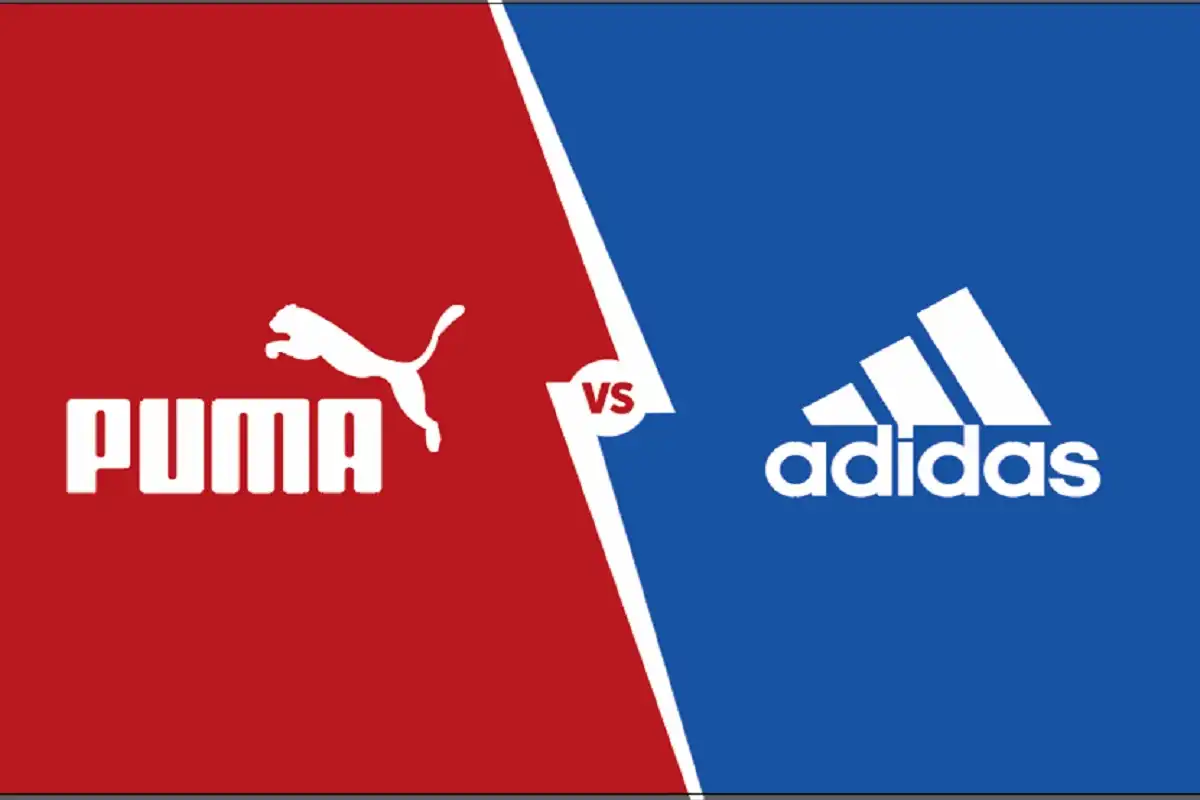The late 1990s marked a turning point for Arsenal in European competitions. Although their early forays into the UEFA Cup and Champions League were not particularly successful, the appointment of Arsène Wenger as manager in 1996 changed the club’s fortunes. Wenger’s innovative approach to the game, emphasis on attractive attacking football, and astute player recruitment laid the foundation for Arsenal’s sustained success both domestically and in Europe.
Arsenal’s debut in the Champions League under Wenger came in the 1998-1999 season. While the campaign ended in disappointment as they failed to progress beyond the group stage, it marked the beginning of a new era for the club. Wenger’s influence on the team soon became evident as Arsenal’s playing style evolved, combining flair and finesse with a newfound resilience.
In subsequent seasons, Arsenal consistently navigated the group stages of the Champions League. Wenger’s tactical acumen and his ability to develop young talents were crucial factors in the team’s success. The likes of Thierry Henry, Patrick Vieira, and Robert Pires became iconic figures for Arsenal during this period, playing pivotal roles in European encounters.
The 2003-2004 season stands out as a landmark campaign in Arsenal’s history, both domestically and in Europe. The team, famously known as “The Invincibles,” went unbeaten in the Premier League and showcased their prowess in the Champions League. Arsenal reached the quarterfinals, where they faced Chelsea in a memorable all-English clash. Despite a valiant effort, they were eliminated, signaling the close of their European campaign that year.
However, the disappointment in 2004 fueled Arsenal’s determination to make a deeper impact in the Champions League. In the 2005-2006 season, the team embarked on a remarkable journey that culminated in a final against Barcelona. The road to the final included memorable victories over Real Madrid and Juventus, displaying Arsenal’s ability to compete with the best in Europe. The final in Paris, though ending in defeat, showcased the team’s resilience and marked a high point in Arsenal’s modern European history.
The subsequent years saw Arsenal consistently progressing through the group stages of the Champions League, but reaching the elusive final proved challenging. The knockout rounds presented formidable opponents, and despite competitive performances, Arsenal fell short of making a return to the title match.
The 2008-2009 season brought another noteworthy chapter as Arsenal reached the semifinals of the Champions League. Facing Manchester United, one of their English rivals, the team fought bravely but ultimately succumbed to a 4-1 aggregate defeat. The semifinal exit was a bitter pill to swallow, yet it underscored Arsenal’s ability to compete at the highest level.
Throughout these years, Arsenal’s style of play endeared them to neutral fans, earning praise for their attacking prowess and commitment to beautiful football. Wenger’s philosophy left an indelible mark on the club, shaping its identity and the way it approached European competitions.
The transition from Highbury to the Emirates Stadium in 2006 brought about a new chapter in Arsenal’s history. While the move signaled an era of financial stability and modernization, it also coincided with a period of adjustment on the field. Arsenal continued to qualify for the Champions League, but the transition saw them facing increased competition from other English clubs vying for European glory.
In the latter stages of Wenger’s tenure and the subsequent managerial changes, Arsenal experienced a shift in dynamics. Unai Emery took charge and led the team to the final of the UEFA Europa League in the 2018-2019 season. Although they were defeated by Chelsea, the Europa League provided a platform for European success and a potential route back to the Champions League.
As of my last knowledge update in January 2022, Arsenal’s recent campaigns and endeavors in the Champions League may have seen further developments. The club and its fans remain hopeful and ambitious, aiming to witness their team once again challenging for the coveted Champions League trophy.
In conclusion, Arsenal’s consistent presence in the Champions League beyond the group stages reflects a storied history of resilience, talent development, and a commitment to playing attractive football. While the quest for European glory has presented its challenges, Arsenal’s journey in the Champions League remains an integral part of the club’s legacy, filled with moments of triumph, heartbreak, and a relentless pursuit of excellence on the grandest stage of European football.










